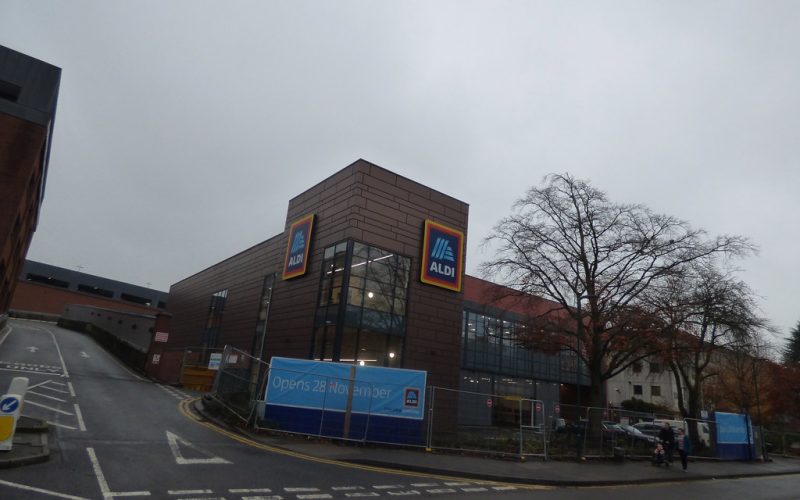According to the Nationwide Building Society, the price of housing in the United Kingdom experienced a drop for the fifth consecutive month in January.
In January, the price of the typical home was £258,297, which is a decrease of 0.6% compared to December’s price.
The annual growth rate of house prices decreased to 1.1% in January, down from 2.8% in December.

The largest building society in the country predicted that the market would have a difficult time regaining any momentum in the near future.
As a result of rising costs, household budgets continue to take a hit, and according to the chief economist at Nationwide, Robert Gardner, “economic headwinds are forecast to remain strong.”
In addition, he stated that the affordability of mortgages would “remain tough” in the near future as a direct result of higher interest rates and that saving for a deposit was “proving a struggle for many given the rising cost of living.”
Mortgage approvals decline
The Bank of England said on Tuesday that lenders gave out about 35,000 mortgages in December, which was less than expected. In November, they gave out more than 46,000 mortgages.
With the pandemic lockdowns taken into account, this represents the lowest number since January 2009.
According to Nationwide, the drop in approvals followed a significant slowdown in mortgage application volume that occurred after the federal government released its mini-budget in September.
Despite this, it was reported that there were indications that mortgage rates were slowly beginning to improve.
According to comments made by the firm’s senior economist Andrew Harvey on the Today program broadcast on BBC Radio 4, “longer-term interest rates have started to edge down,” and “should we see that continue,” that should feed into lower mortgage prices and provide some easing in the pressures associated with affordability.
Increasing costs
The Bank of England raised interest rates over the course of the past year to try to stop the cost of living from going up so quickly. This caused mortgage rates to rise.
But after Liz Truss’s mini-budget caused panic in the financial markets, they shot up to over 6%, which is their highest level in the past 14 years.
Since then, the markets have been more stable, and although mortgage rates have decreased slightly, they are still significantly higher than they were one year ago.
“Nationwide’s figures reveal that house prices are continuing to buckle under the burden of elevated mortgage rates, restricted real earnings, and weak consumers’ confidence,” Gabriella Dickens, a senior UK economist at Pantheon Macroeconomics, said.
Even though annual house prices are still going up, they are doing so at a slower rate than before. However, Tom Bill, head of UK residential research at Knight Frank, said that the UK housing market was “headed for an annual fall in prices as mortgage rates remain much higher than they were a year ago.”
We expect that prices will go down by 10% over the next two years as a result of recalculating budgets.
Nationwide’s most recent numbers show that, as a percentage of take-home pay, the cost of a typical mortgage is at or above the long-term average. This suggests that mortgages are becoming less affordable across the board in comparison to 2021.
Greater “affordability challenges” are being experienced in London and the rest of southern England. Mortgage payments are still at their highest level in more than a decade while living costs in Scotland and the north of England remain the lowest in the UK.
Caution is strongly advised when navigating the current real estate market.
If the seller is desperate to make a sale, they might be willing to lower the price. It’s possible that prospective homebuyers are putting off making a purchase decision because they’ve heard that house prices will continue to plummet.
In a normal market, first-time buyers would be happy to see falling prices, but in this market, they must struggle with mortgage rates that are higher than they might have anticipated. It’s possible that their capacity to save for a deposit is being hampered by the expense of living as well.
However, Nationwide recognises that the housing market in the United Kingdom is comprised of a variety of regions and neighbourhoods, each of which might have quite distinct characteristics. Individual situations and the way a community works can often be just as important as the economy as a whole.












